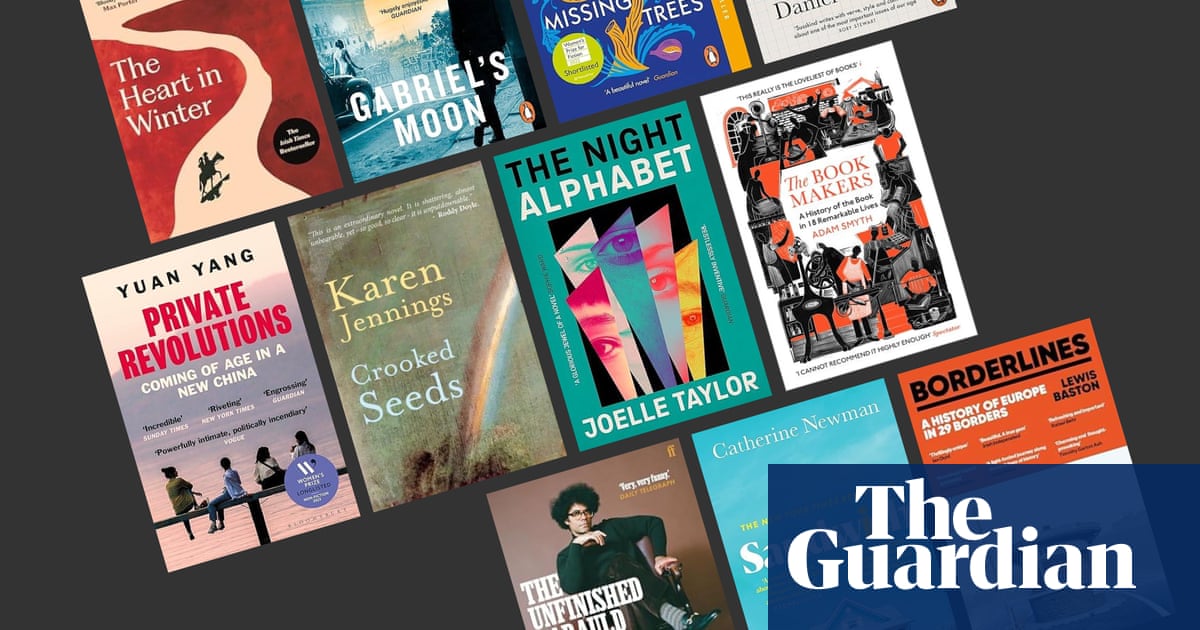Sandwich Catherine Newman
Emotional crisis and comedy in Cape Cod
“You’re supposed to retrace your steps when you lose something, but none of my losses are like that. Where would I look for them? And what would I do if I found them?” wonders the narrator of Sandwich, the follow-up to memoirist and journalist Catherine Newman’s critically acclaimed and bestselling adult debut novel We All Want Impossible Things.
Returning to the writing stage after a commercial success is no mean feat, and it’s understandable that Newman has chosen to explore similar themes in each story. Both novels deal with loss. But while Impossible Things explores the very tangible loss of a terminally ill friend, the losses found in Sandwich are, at least superficially, much more subtle.
Rachel (in her 50s and known affectionately as Rocky), along with her husband, Nick, and their two grown-up children Jamie and Willa are all heading to Cape Cod for their annual vacation – a week’s escape, and a pilgrimage they have made together for the past two decades. Everything is comforting and familiar, from the “shore-lined peninsula” to the lobster dinners – even their regular holiday cottage with its temperamental septic tank and impractical furniture.
The only problem with annual pilgrimages, however, is that losses that might pass unnoticed in everyday life are felt only too keenly in a different landscape, especially when the family is joined by Rocky’s elderly and increasingly frail parents, and she finds herself breathlessly sandwiched between them all. “I am standing dead centre, still and balanced,” Newman writes. “Living kids on one side, living parents on the other … don’t move a muscle, I think. But I will, of course. You have to.”
Finally, literary fiction has started to fully appreciate the joy of an older female narrator. From Elizabeth Strout’s Pulitzer prize winning Olive Kitteridge to Marian Keyes’s sharp and funny My Favourite Mistake, a woman over 40 is thankfully now able to use her own voice, after so many years of merely living on the periphery of another person’s story. Rocky is a worthy member of this new and much-needed club, not just for her date of birth but also for her relatability. “And this may be the only reason we were put on this Earth,” Newman writes towards the end of the book. “To say to each other, I know how you feel. To say, Same.”
Perhaps this is why we write, too, and why a protagonist like Rocky is so necessary, because a whole generation will now be able to read this wise and exquisitely written story and say I know how you feel. They will say, Same.
Joanna Cannon
